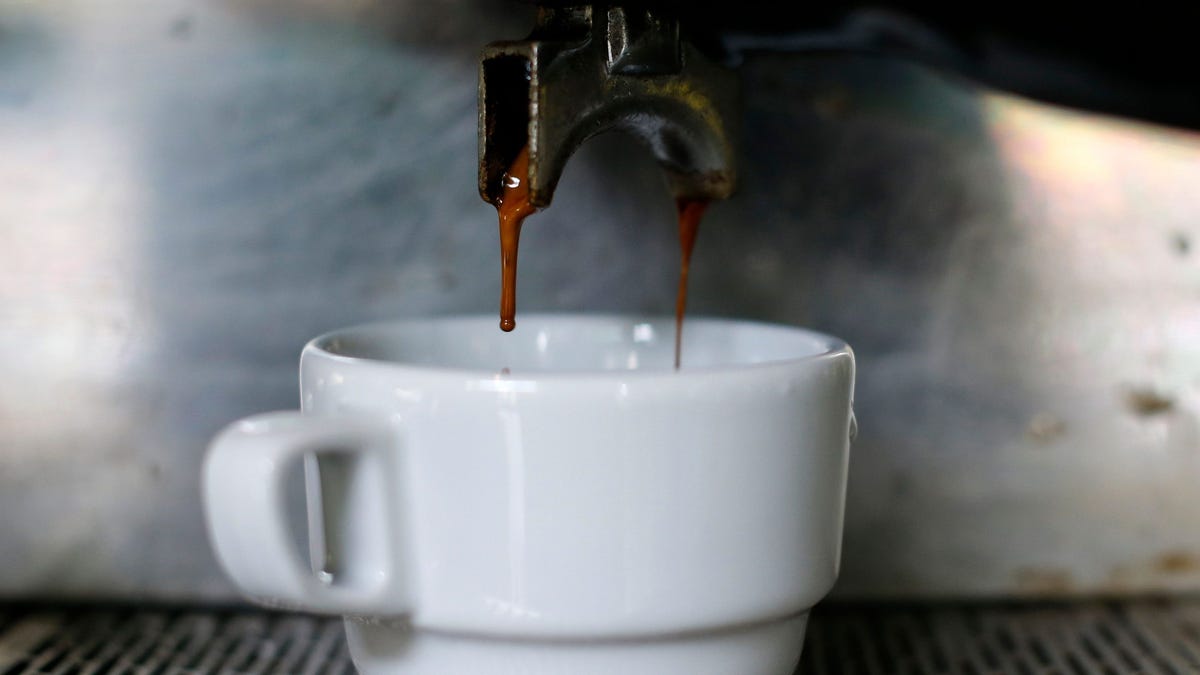Our brewery uses an electric heating element for the hot liquor tank.
We've burned up two of the Mcmaster Carr stainless steel units...about $280 / each. I don't know if it's salts, acids or what that's causing the corrosion and ultimate failure of these elements, but I would like to get a recommendation on a similar unit.
we sometimes put lactic acid, calcium chloride and / or calcium sulfate in the HLT.
Our wiring is 3 phase, 208V, i believe max amperage of 25V for 10kw unit.
thanks for any input.
McMaster Carr: model 3656K162 Screw-Plug Mount Immersion Heater, 304 Stainless Steel, 240V AC, Three Phase, 10500W, 28" Long
We've burned up two of the Mcmaster Carr stainless steel units...about $280 / each. I don't know if it's salts, acids or what that's causing the corrosion and ultimate failure of these elements, but I would like to get a recommendation on a similar unit.
we sometimes put lactic acid, calcium chloride and / or calcium sulfate in the HLT.
Our wiring is 3 phase, 208V, i believe max amperage of 25V for 10kw unit.
thanks for any input.
McMaster Carr: model 3656K162 Screw-Plug Mount Immersion Heater, 304 Stainless Steel, 240V AC, Three Phase, 10500W, 28" Long



Comment